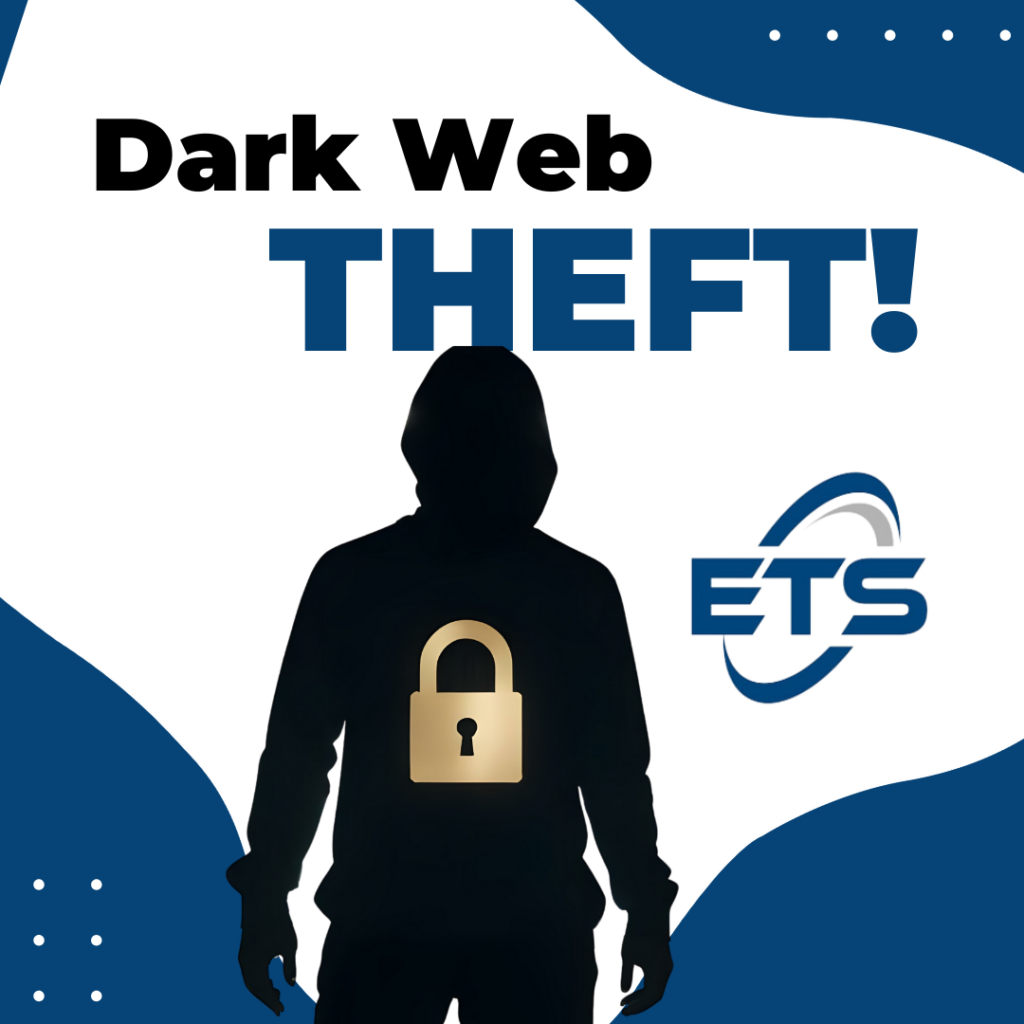Is Your Social Security Number Leaked in Las Vegas? Here’s How to Find Out and What to Do Next
In recent years, data breaches at major companies, government agencies, and even healthcare providers have exposed millions of Social Security numbers (SSNs) on the dark web. With your SSN being one of the most crucial pieces of personal data, it’s essential to know if yours has been compromised. The good news is that you can take steps to find out and protect yourself. Here’s why a compromised SSN can wreak havoc on your life and what to do if yours has been leaked.
Is A Leaked Social Security Number Really That Serious?
Your Social Security number is the key to your identity in the U.S. When a cybercriminal has access to your SSN, they can impersonate you, open credit accounts, take out loans, and even access sensitive financial or medical accounts. While you might not notice immediate effects, fraudsters can hold onto SSNs for years, waiting for the right moment to strike.
What Can Happen If Someone Has Your Social Security Number?
Having your SSN exposed can lead to several types of fraud:

